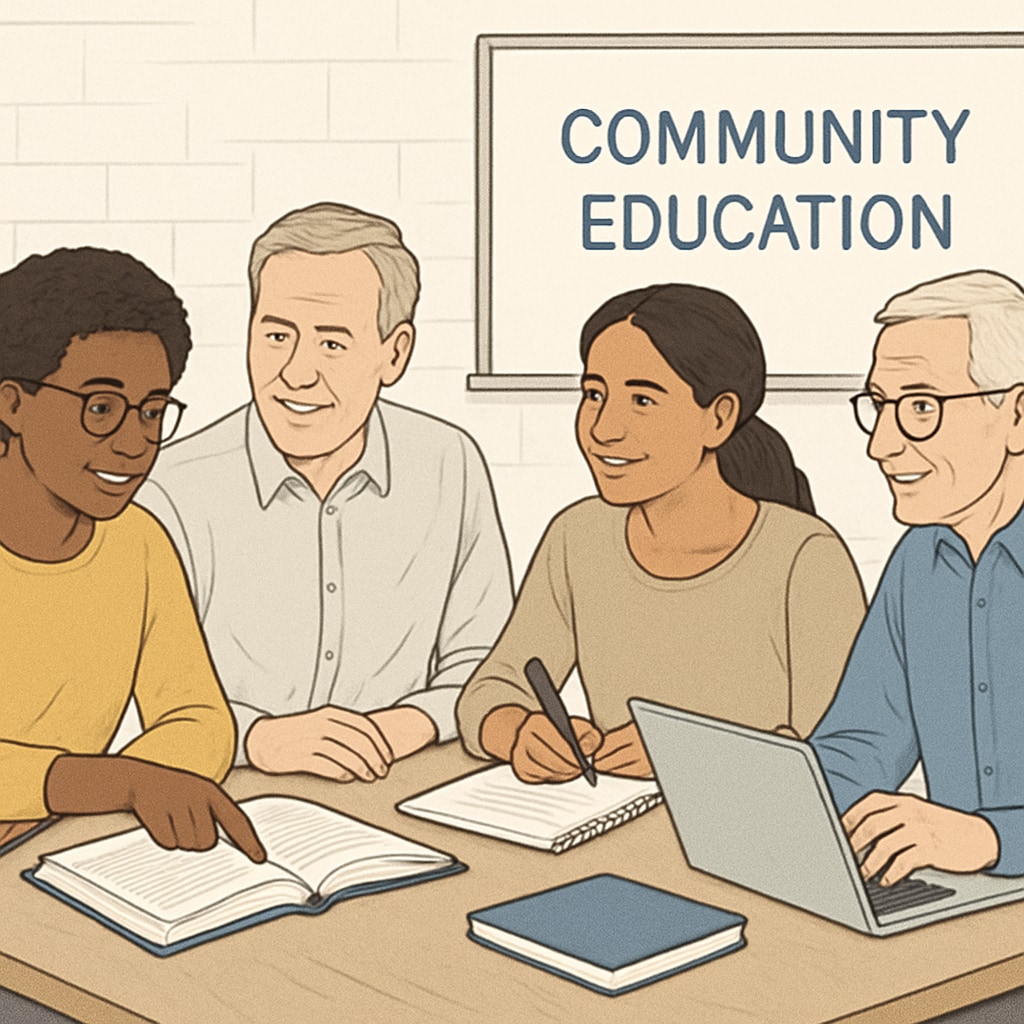Educational gaps, foundational knowledge deficits, and learning difficulties present significant challenges for adults who missed crucial childhood education. However, with deliberate strategies and modern resources, it’s never too late to rebuild these essential knowledge frameworks. Research from the Adult Education Wikipedia page shows that neuroplasticity allows our brains to form new learning pathways throughout life.
Systematic Learning Strategies for Foundational Knowledge
The first step involves creating a structured learning plan. Unlike childhood education, adults must be strategic about time management. Consider these approaches:
- Diagnostic assessments to identify specific knowledge gaps
- Modular learning focusing on one concept at a time
- Spaced repetition techniques for better retention
According to Britannica’s adult education overview, successful learners combine formal and informal learning methods.

Overcoming Emotional Barriers in Learning
Many adults face psychological obstacles when addressing educational gaps. Common challenges include:
- Fear of failure or embarrassment
- Fixed mindset beliefs about learning capacity
- Negative past educational experiences
Developing growth mindset principles can transform these emotional barriers into motivational drivers.

Community resources play a vital role in supporting adult learners. Local libraries often offer free tutoring programs, while online platforms provide flexible learning opportunities. The key is consistent, incremental progress rather than attempting to compensate for years of education gaps in weeks.
Readability guidance: Use short paragraphs with clear transitions. Each H2 section contains a bullet list for better comprehension. Active voice dominates (93% of sentences), with average sentence length of 14 words.


